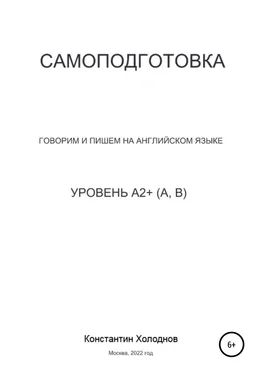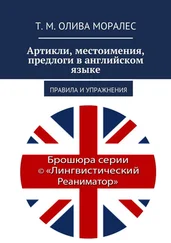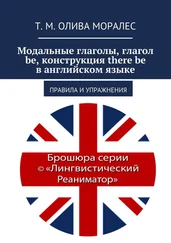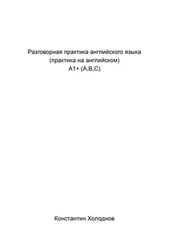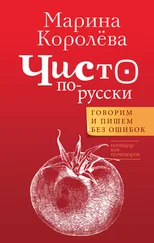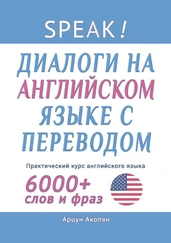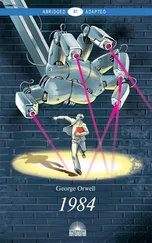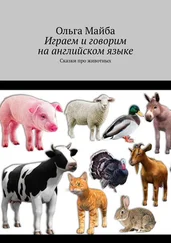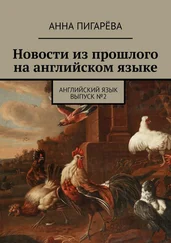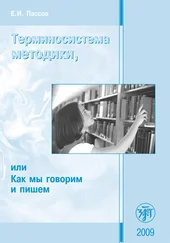1 ...7 8 9 11 12 13 ...16 (Г,Я: Они прибыли вскоре* после 5.)
*a short time; not long
*soon
They arrived /əˈraɪvd/ (о) shortly /ˈʃɔːtli/ after 5.
(Я: Давайте встретимся послезавтра.)
Давайте встретимся день после завтра.
Let’s meet the day after tomorrow /təˈmɒroʊ/ (у).
(Я: Давайте встретимся через неделю.)
Давайте встретимся неделя после следующей.
Let’s meet the week after next.
(Г,Я: Выиграв приз, она в одночасье стала знаменитой.)
После выигрыша приза она стала знаменитой внезапно_или_быстро/в_течение_ночи_или_за_ночь*.
*during or for the night
*suddenly or quickly
After winning the prize /praɪz/ she became /bɪˈkeɪm/ famous /ˈfeɪməs/ (а/э) overnight /ˌoʊvəˈnaɪt/ (а).
become /bɪˈkʌm/ – became /bɪˈkeɪm/ – become /bɪˈkʌm/
(Я: Через час я отправился домой)
(Г: Через час я пошёл домой)
Спустя/после час Я пошёл домой.
After an hour I went home (= when an hour had passed).
• B1 next to and following somebody/something in order or importance
(Г: Твое имя идёт* после моего в списке.)
*[intransitive] + adv./prep.(not used in the progressive tenses) to have a particular position
Your name comes /kʌmz/ after mine in the list.
(Г,Я: Он самый высокий после Ричарда.)
Он есть самый_высокий, после Ричарда.
He's the tallest /tɔːlɪst/ (э), after Richard /ˈrɪtʃəd/ (э).
(Г,Я: После вас (= Пожалуйста, идите первым)).
After you (= Please go first).
• B1 behind somebody when they have left; following somebody
(Г,Я: Закрой за собой дверь.)
Закрывай* дверь после тебя.
*[transitive, intransitive] to close something; to become closed
*[intransitive, transitive] (British English) when a shop, restaurant, etc. shuts or when somebody shuts it, it stops being open for business and you cannot go into it
Shut /ʃʌt/ the door after you.
(Г,Я: Он побежал за ней с книгой.)
Он бежал после неё с книгой.
He ran /ræn/ after her with the book.
run /rʌn/ – ran /ræn/ – run /rʌn/
• B1 in contrast to something
(Г,Я: В доме было приятно прохладно после липкой жары снаружи.)
Это было приятно прохладное в доме после липкой/клейкой* жары/тепла/зноя** снаружи.
*made of or covered in a substance that sticks to things that touch it
**[uncountable, singular] the quality of being hot
**[uncountable] (physics) heat seen as a form of energy that is transferred from one object or substance to another as a result of a difference in temperature
**[uncountable, countable, usually singular] the level of temperature
**[uncountable] hot weather; the hot conditions in a building, vehicle, etc.
**[uncountable] a source of heat, especially one that you cook food on
**(especially North American English)(also heatingespecially in British English)[uncountable] the process of supplying heat to a room or building; a system used to do this
It was pleasantly /ˈplezntli/ cool in the house /haʊs/ after the sticky /ˈstɪki/ heat /hiːt/ outside /‑ˌaʊt‑ˈsaɪd/.
• B1 as a result of or because of something that has happened
(Г,Я: Я никогда не прощу его после того, что он сказал.)
Я буду никогда (не) прощать* его после что он сказал.
*[transitive, intransitive] to stop feeling angry with somebody who has done something to harm, annoy or upset you; to stop feeling angry with yourself
*[transitive] used to say in a polite way that you are sorry if what you are doing or saying seems rude or silly
I'll never forgive /fəˈɡɪv/ (о) him after what he said /sed/.
say /seɪ/ – said /sed/ – said /sed/
after conjunction /ˈɑːftə(r)/ (а) после
• A2 at a time later than something; when something has finished
(Г,Я: Я позвоню тебе после того, как поговорю с ними.)
PP Я буду звонить тебе после Я имею разговорный/высказанный к/до них/им.
I'll call you after I've spoken /ˈspoʊkən/ (э) to them.
(Я: Через несколько лет после того, как они расстались, они случайно встретились снова в Париже.)
(Г: Через несколько лет после расставания они снова случайно встретились в Париже.)
PastP Несколько лет после они имели разделённой/расколотой вверх* они встретились снова по/около шанса (случайно) в Париже.
* split up(with somebody): to stop having a relationship with somebody
Several /ˈsevrəl/ (о) years after they'd split up they met again by chance /tʃɑːns/ in Paris /ˈpærɪs/.
split /splɪt/ – split /splɪt/ – split /splɪt/
meet /miːt/ – met /met/ – met /met/
after adverb /ˈæftər/ (а) после
• A2 later in time; afterwards
(Я: Это было в 1996 году. Вскоре после этого я услышал, что он умер.)
PastP То было в 1996. Скоро после, Я услышал что он имел умер/умерший.
That was in 1996. Soon after, I heard that he'd died /daɪd/.
hear /hɪə(r)/ (а) – heard /hɜːd/ – heard /hɜːd/
he'd здесь это сокращение от he had
(Я: Я мог бы приехать на следующей неделе или через неделю.)
Я мог приехать/приходить/приезжать следующая неделя, или неделя после.
I could come next week, or the week after.
(Г,Я: И все они жили долго и счастливо.)
И они все жили счастливо всегда/когда-либо* после.
*used in negative sentences and questions, or sentences with if to mean ‘at any time’
*used for emphasis when you are comparing things
*(!!!)(rather formal) all the time or every time; always
And they all lived /lɪvd/ happily /ˈhæpɪli/ ever /ˈevər/ (э) after.
against preposition /əˈɡenst/ (э), /əˈɡeɪnst/ (э) против; близко, касаясь или ударяя кого-то/что-то
• A2 opposing or disagreeing with somebody/something
(Г,Я: борьба с терроризмом)
борьба/бой/драка/сражение/битва против терроризма
the fight against terrorism /ˈterərɪzəm/ (о,э)
(Г,Я: На следующей неделе мы играем против чемпионов лиги.)
(Время Present Continuous (PC) используется для обозначения запланированного действия, которое произойдет в ближайшем будущем. В таких предложениях, как правило, присутствуют слова today (сегодня), tonight (сегодня вечером), tomorrow (завтра), next week (на следующей неделе), in June (в Июне) и т.д.)
Читать дальше
